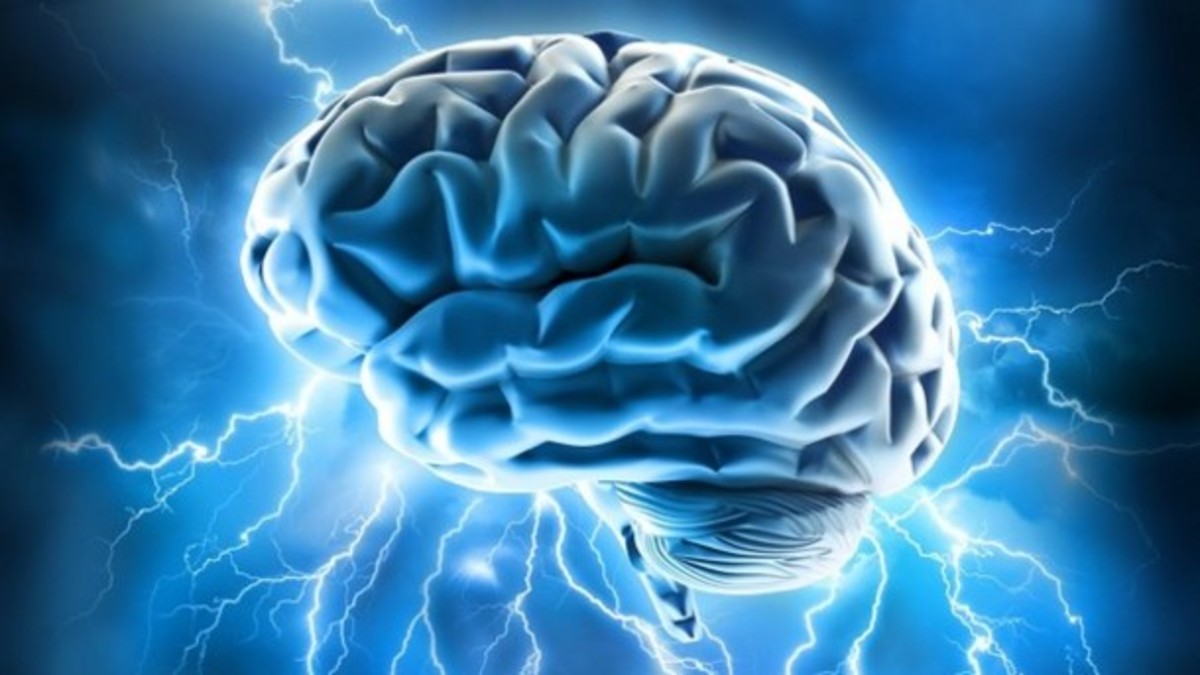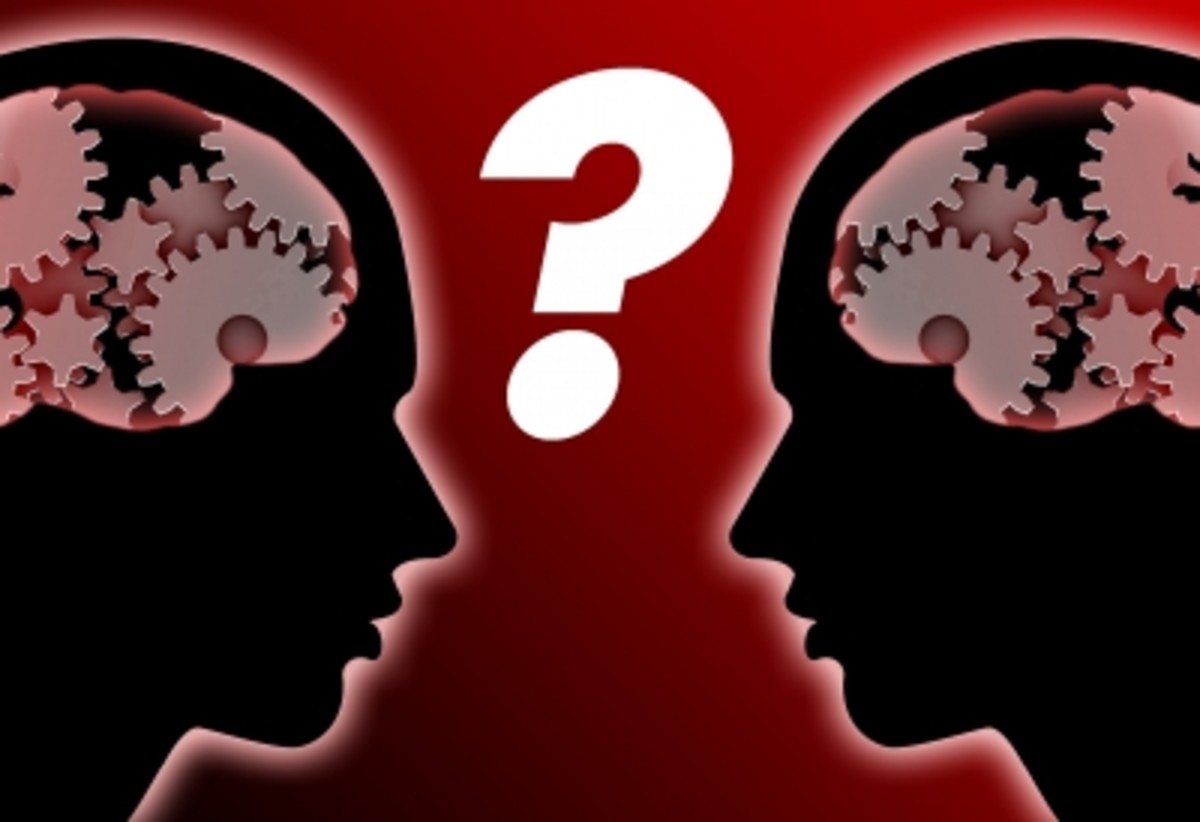| Question Everything!Everything!! |

Welcome to Truth, FREEDOM OR ANARCHY,Campaign of Conscience. , is an alternative media and news site that is dedicated to the truth, true journalism and the truth movement. The articles, ideas, quotes, books and movies are here to let everyone know the truth about our universe. The truth will set us free, it will enlighten, inspire, awaken and unite us. Armed with the truth united we stand, for peace, freedom, health and happiness for all

Question Everything!

This blog does not promote
This blog does not promote, support, condone, encourage, advocate, nor in any way endorse any racist (or "racialist") ideologies, nor any armed and/or violent revolutionary, seditionist and/or terrorist activities. Any racial separatist or militant groups listed here are solely for reference and Opinions of multiple authors including Freedom or Anarchy Campaign of conscience.
MEN OF PEACE

"I don't know how to save the world. I don't have the answers or The Answer. I hold no secret knowledge as to how to fix the mistakes of generations past and present. I only know that without compassion and respect for all Earth's inhabitants, none of us will survive - nor will we deserve to." Leonard Peltier
Wednesday, September 20, 2017
5 Reasons Why People Believe in God
5 Reasons Why People Believe in God

Our minds evolved in a way that makes belief in god especially appealing. | Source
The Evolutionary Psychology of Religious Belief
In each civilization spanning the human epoch, a propensity for ascribing the unknown to the work of gods can be observed. The inevitable contradictions that arise between cultures show the overwhelming majority of these claims are partly or completely manufactured. One must conclude that people often seek to explain the unknown with specious assumptions of a supernatural quality. In other words, it appears that having an answer is more important than whether or not the answer is correct.
A desire to possess knowledge is clearly advantageous, as learning equips people for their environment. It may even be useful to falsely claim that one possesses knowledge, as this could intimidate and dissuade one’s competitors from belligerence. Furthermore, as theistic knowledge is typically impossible to disprove, the deception can go unchallenged.
Nevertheless, the credulity of society doesn't extend to each whimsical creation of the imagination. Gods are believed in ways that fairies and monsters are not. Fear might explain this discrepancy, as disobeying the gods could have eternal consequences. However, if fear of God is a reason to believe, why invent a God in the first place?
Perhaps the answer is that people fear the falsity of belief more than the consequences of unbelief. Our minds have evolved in such a way that religious claims are parasitic upon our natural desires and motivations. We want religion to be true because the chance of eternity in hell is more appealing than the notion of existential oblivion, and less farcical than the wish for unconditional paradise. There is a great deal of experimental evidence to suggest that religion is a desirable and comforting belief system to adopt. This work will explain the theoretical basis for that evidence.

People believe in gods but not monsters or fairies. | Source
Reason 1: Fear of Death
The fundamental precept of evolutionary psychology is that all life on Earth is driven by the desire to survive and reproduce. With increased psychological complexity comes more sophisticated ways of ensuring success. With this in mind, one may identify the first reason why belief in god appeals to our evolutionary psychology: the afterlife.
The idea that some form of afterlife follows death is prevalent in many religions around the world. All life is disposed to search for ways to evade death, and there is no greater temptation than to replace our fear of death with the belief that one’s existence will eternally endure. Convincing oneself of this reality may protect believers from crippling levels of existential anxiety, grief, guilt, and depression.
Nevertheless, we fear death for obvious protective reasons. Individual differences in proneness to anxiety, or methods of coping with anxiety, may explain why some people are willing and able to mitigate their fear of death. For example, it would make sense that strong, domineering, and happy people have more to lose in death than weak, vulnerable, and depressed individuals. As a result, vulnerable individuals may be more likely to replace their fear of death with a comforting afterlife belief.
Reason 2: Self-Righteousness
A second reason to believe in God is the moral code that comes along for the ride. Essentially, it's beneficial to be perceived as a good person because of the increased opportunity for interpersonal alliance and trade. Religion comes embedded with a moral code that allows these benefits to be enjoyed simply by identifying with the religion. This makes religion a shortcut to increased trust and cooperation. Of course, individual advantages are lost if everyone conforms to the same moral code, although collective benefits remain regardless of popularity.
Much like the first reason for believing in god, strong and domineering individuals have less need for these benefits because their authority and prestige already ensures the co-operation and adulation of their inferior peers.

Does his religious garb make him more trustworthy? | Source
Reason 3: Answers to the Big Questions
A third reason is the philosophical and practical knowledge that religion purports to offer. It's rather satisfying to know why we're here, who created the universe, what happens when we die, and so on. Furthermore, religious claims about how to prevent bad things from happening, such as natural disasters and crop failures, are extremely likely to harness our interest and tempt our belief. Uncertainty about these questions feels unpleasant, and having answers alleviates those feelings. As alluded to earlier, such answers also promise power, prestige, and dominance to those in the know, and even those who simply claim to know.
Nevertheless, as with the other reasons, individuals possessing a significant intellect or position of power may not need or value the importance of these assumed answers.
Reason 4: Ultimate Justice and Safety
The fourth reason why people believe in God is the notion of ultimate justice. For most people, concerns and worries are alleviated by friends and family. However, all Earthly alliances have their limits. Through theistic belief, people acquire a watchful, caring eye over all their doings, giving an unparalleled feeling of safety and security. Communication with gods, or prayer, is the reminder and emphasis of this fatherly relationship.
It follows that all those who transgress against God's law will not escape his surveillance and judgment. Ultimate justice of this kind is an extremely comforting idea, akin to karma. How many times have you wished a wrongdoer would receive his or her comeuppance? Religions typically guarantee it, but those who've been wronged less in their life will be less likely to see the appeal.

Jesus is God's supposed perfection embodied in man. | Source
Reason 5: Easily Achieved Growth
The final reason is our desire to perfect ourselves. Nature gives us the capacity to grow mentally, physically, and socially through education, exercise, and friendship. However, religion offers a much more accessible journey to perfection via the adoption of its principles. For example, acceptance of religious morality and knowledge convinces believers that they've progressed significantly towards the perfection embodied in the gods. However, most religions go much further, describing those who convert as `chosen' by the gods to be in their company after death.
Christianity and a few other religions take the idea of growth to a new level. They embody a perfectly perceived God into man (e.g. Jesus), thus providing a sign-posted route to perfection through the imitation of God’s actions as a man. In other religions, the icon for imitation might be a prophet or demigod. For example, in Islam it's Muhammad and in Buddhism it's Buddha. Religions that have withstood the rigors of cultural selection often provide such blueprints for perfection, and their popularity is a telling manifestation of their psychological appeal. Nevertheless, those who achieve growth easily through natural means will be less likely to follow the path outlined by religion.

Individual differences can explain why some people are more likely to believe in God. | Source
Who is Most Susceptible to Belief in God?
These five reasons explain how and why religions appeal to many facets of our naturally evolved minds. They provide a sense of superiority, ultimate justice, a way to reach moral and spiritual perfection, a provision of security and immortality, a wealth of strategic knowledge about mankind and the universe, and a special alliance with the most powerful and knowledgeable entity in the universe. Religions take our naturally evolved desires and tempt us with a perfect, comforting, easily achievable solution; requiring only that we sacrifice our natural ambitions and skepticism to make way for it. The irony is that many religions, and especially Christianity, tell us to avoid giving in to temptation; an instruction that should see them removed from existence.
The attentive reader may have noticed that each reason to believe in God came with a caveat; an example of the type of person who wouldn't be swayed. A pattern emerged, supporting a conclusion that's been touched on by Nietzsche and Freud: that religion is a sanctuary for the weak. Strong, capable, and happy individuals have less need for the comforts of religion, and so are less motivated to believe in them. Rather, religious belief is for those who have all but given up on achieving strength in their natural life. Faith provides them with an illusion of strength, and their minds perform the mental gymnastics required for that illusion to become reality.
Friedrich Nietzsche Held Similar Views
For example, Christianity has always been prevalent in the subjugated working classes. It's taught in schools and prisons where weaker minds are encountered. It's offered in hospitals and help groups where desperate and traumatized people reside. It's exported to Africa and Asia where starving and vulnerable people are receptive to its claims. It's in these places where the greatest level of conversion occurs. Contrary to Biblical doctrine, it's the abandonment of hope, at least in Earthly pursuits, that brings one closer to God.
Religion is a Darwinian test; those who accept it confirm their weakness. Through the conversion of others, a believer weakens society to their level; dissolving the inequality that existed in their natural life. Conversion also strengthens the believer by validating their illusion, and by providing a greater alliance of opinion. However, what the believer fabricates in his mind is the exact opposite. He sees conversion as a charitable act to help the weak achieve his position of strength. This reversal of evolutionary law; this audacious belief that crippling fellow minds is a charitable act; is what riled Nietzsche.

God may be a far greater temptation than the Devil. | Source
Summary
If a supposed truth gave no rational explanation for its truthfulness, but was extremely tempting for a number of psychological reasons, I would doubt my sanity for believing it to be true. However, religion is a temptation of such ambrosial intoxication that it precipitates the suspension of rational thought. Those who, through distress and affliction, are disposed to apply less scrutiny to comforting propositions will find religion too appealing to ignore.
Religious belief is nothing more than the substitution of our natural ambitions with an unlikely truth that fulfills our needs in a much easier manner. Once one has resigned to failure for natural methods, religion presents an easier means to achieve the objectives ingrained in us by evolution.
Subscribe to:
Post Comments (Atom)

No comments:
Post a Comment
Anyone is welcome to use their voice here at FREEDOM OR ANARCHY,Campaign of Conscience.THERE IS NO JUSTICE IN AMERICA FOR THOSE WITH OUT MONEY if you seek real change and the truth the first best way is to use the power of the human voice and unite the world in a common cause our own survival I believe that to meet the challenges of our times, human beings will have to develop a greater sense of universal responsibility. Each of us must learn to work not just for oneself, ones own family or ones nation, but for the benefit of all humankind. Universal responsibility is the key to human survival. It is the best foundation for world peace,“Never be afraid to raise your voice for honesty and truth and compassion against injustice and lying and greed. If people all over the world...would do this, it would change the earth.” Love and Peace to you all stand free and your ground feed another if you can let us the free call it LAWFUL REBELLION standing for what is right